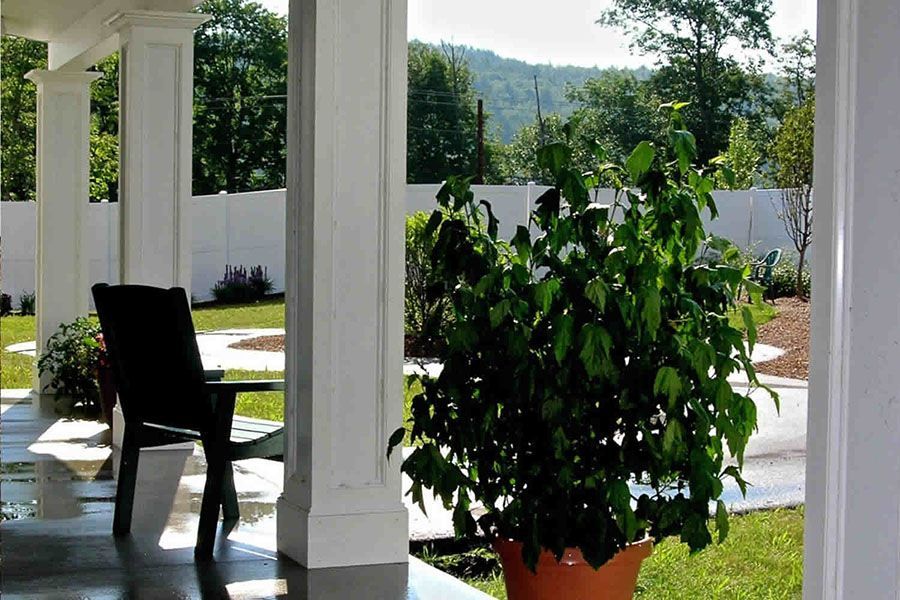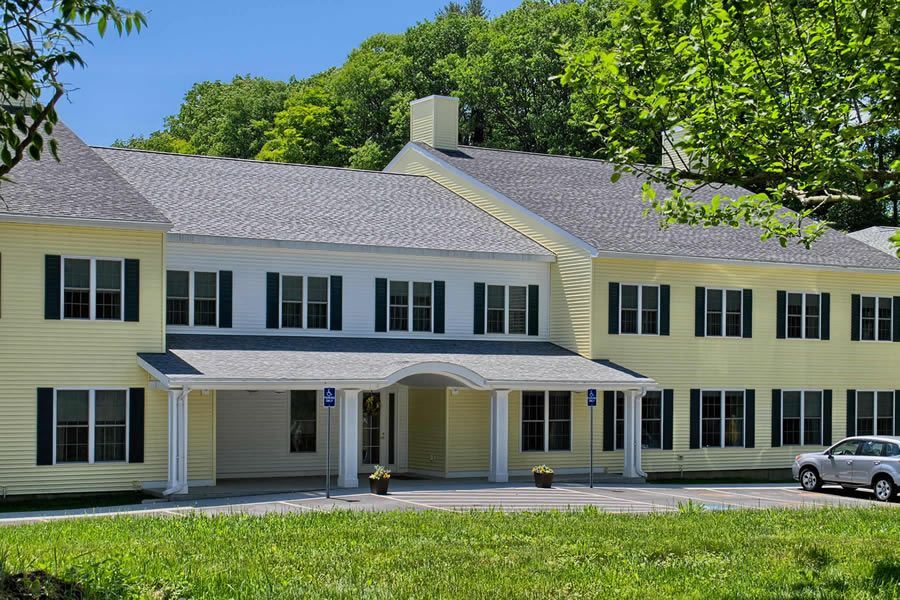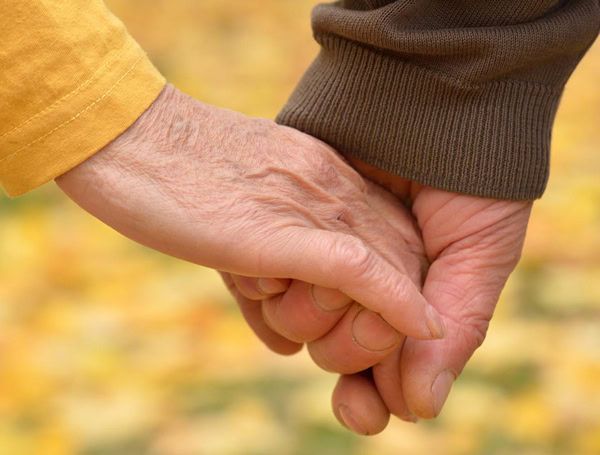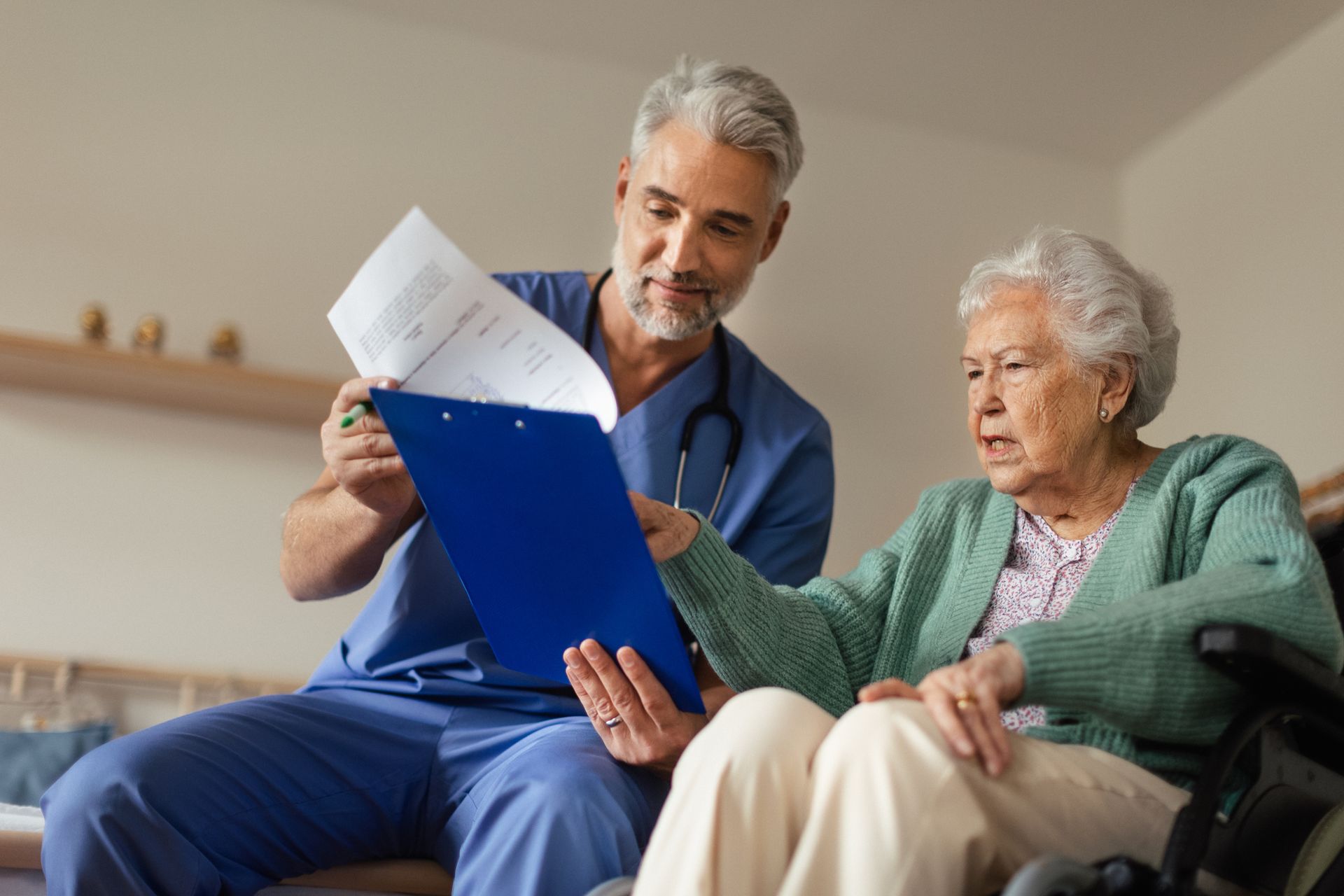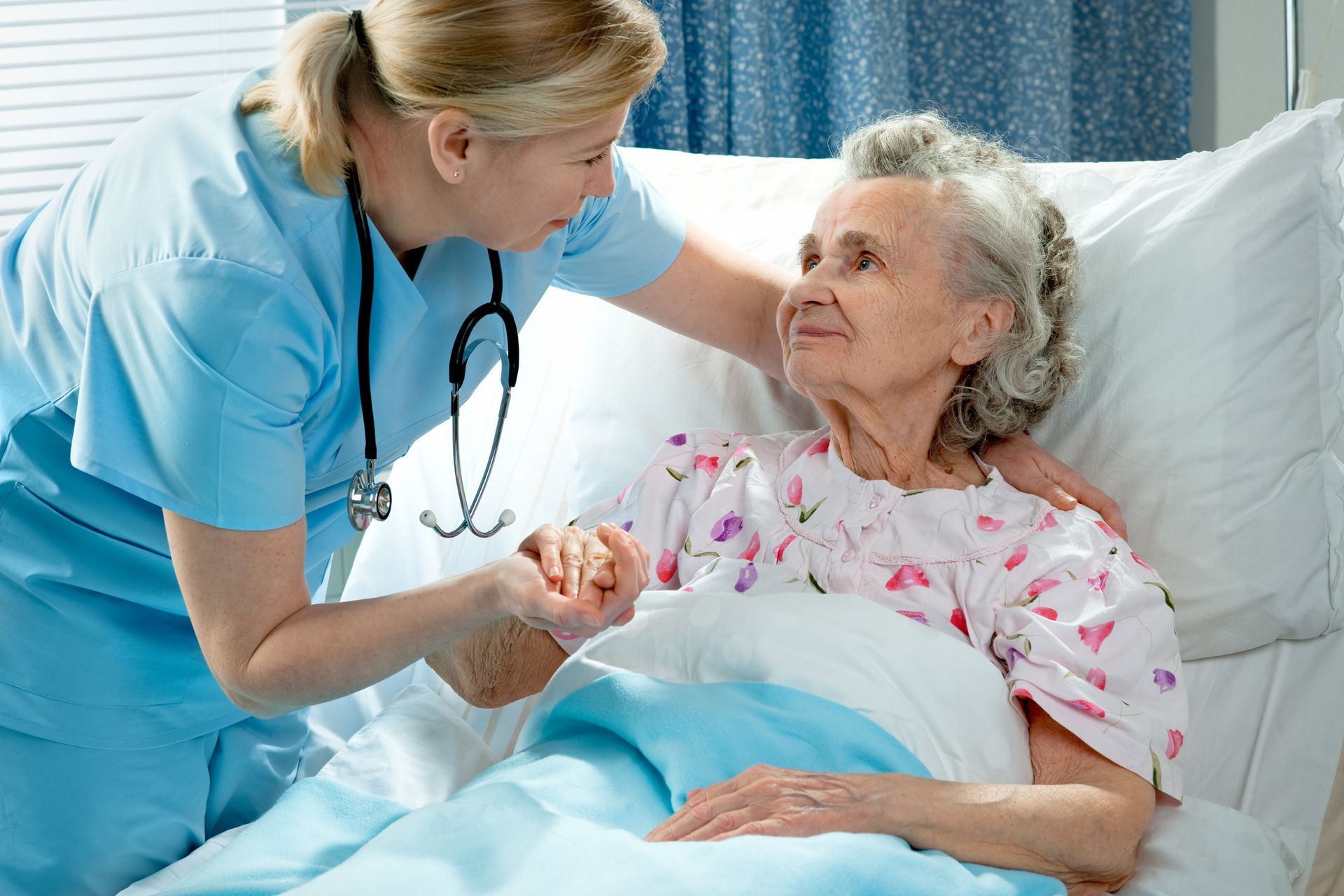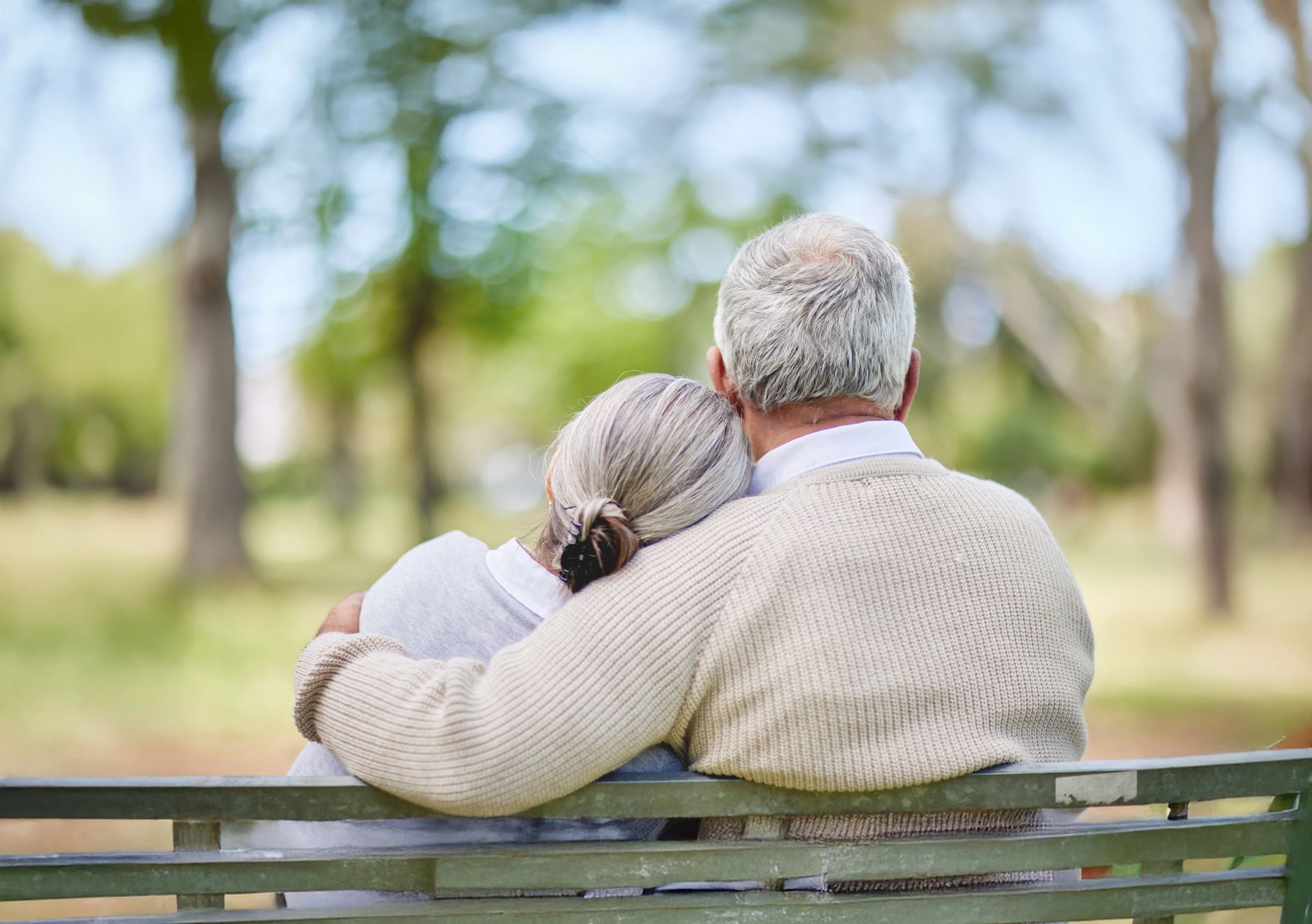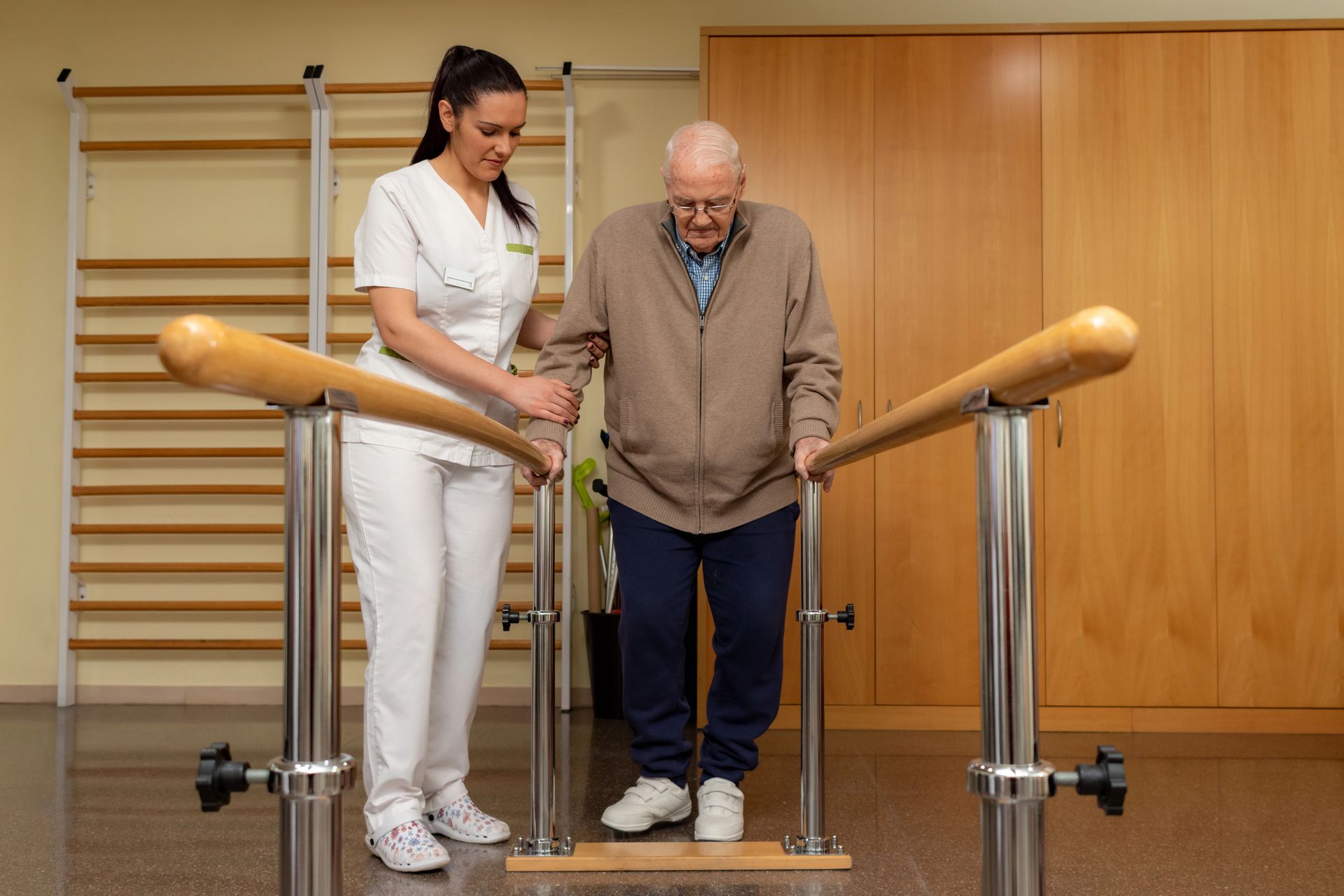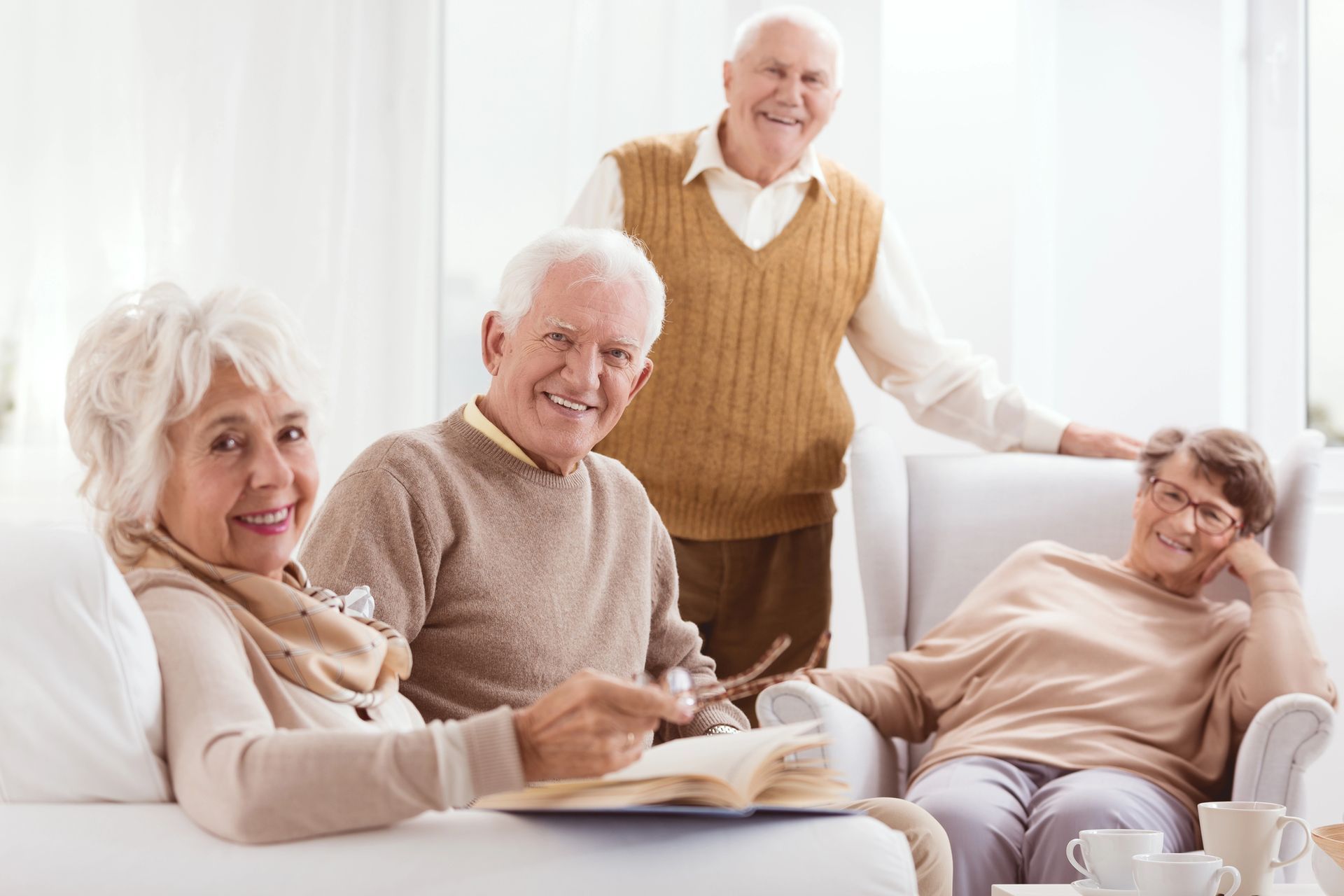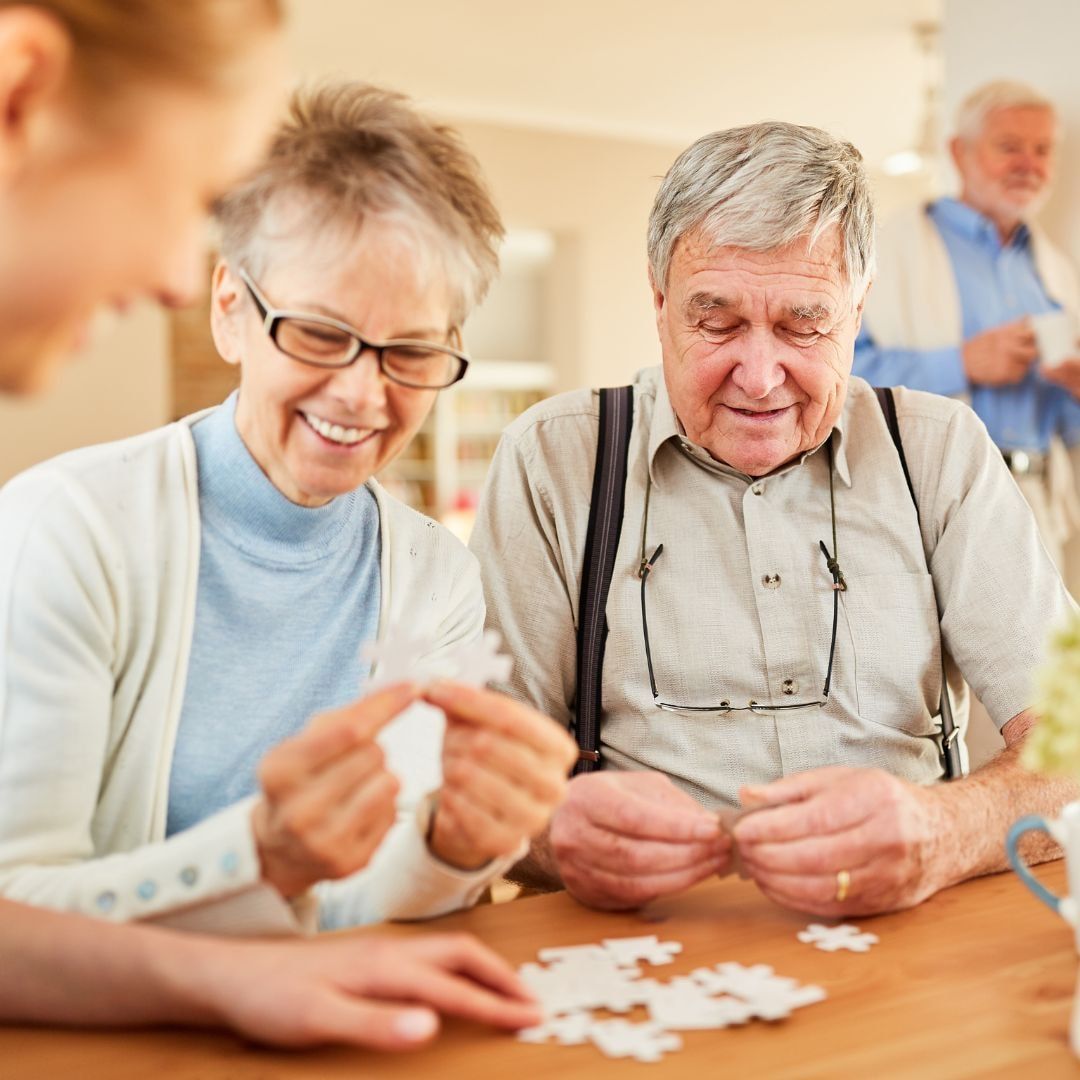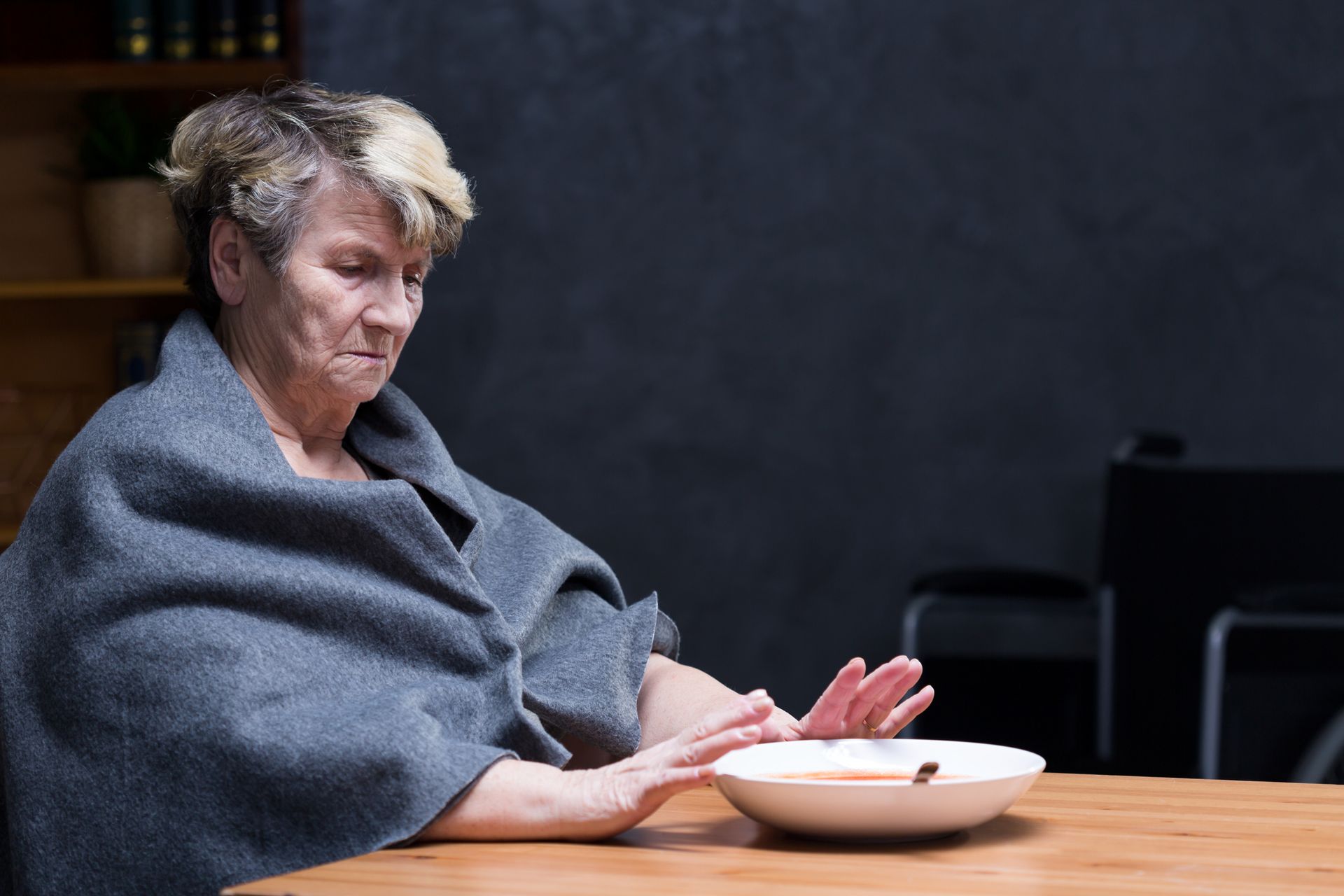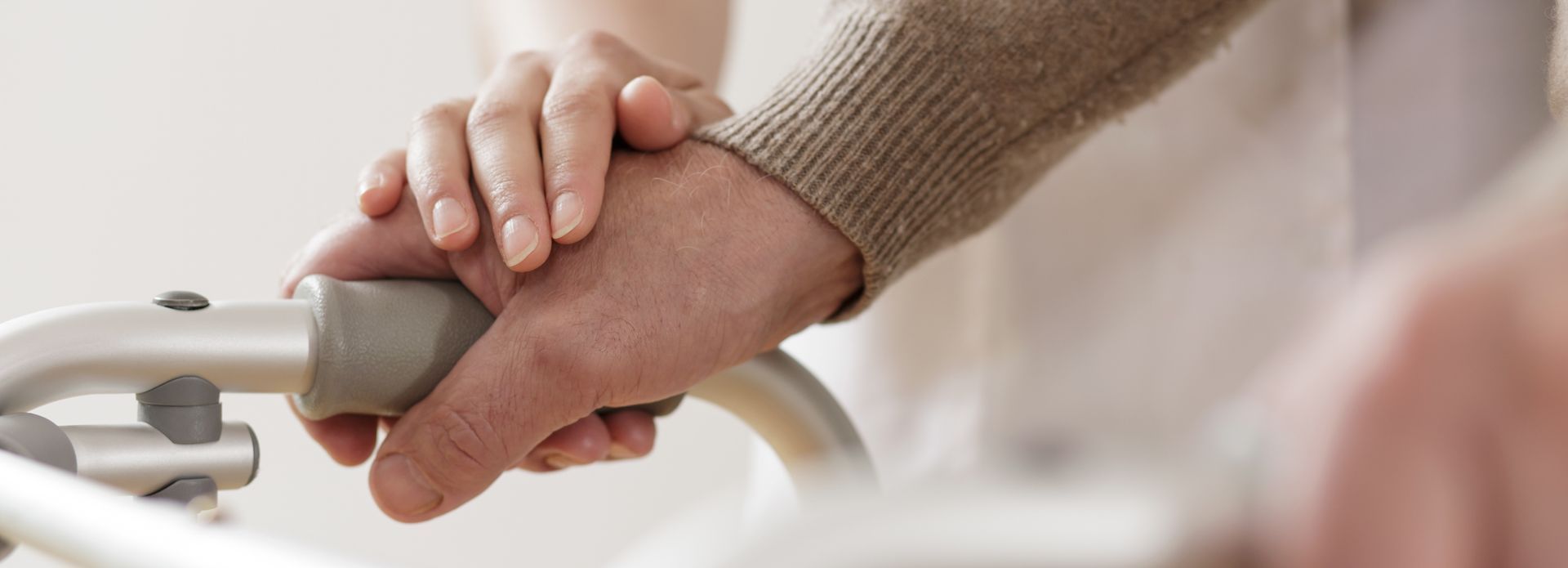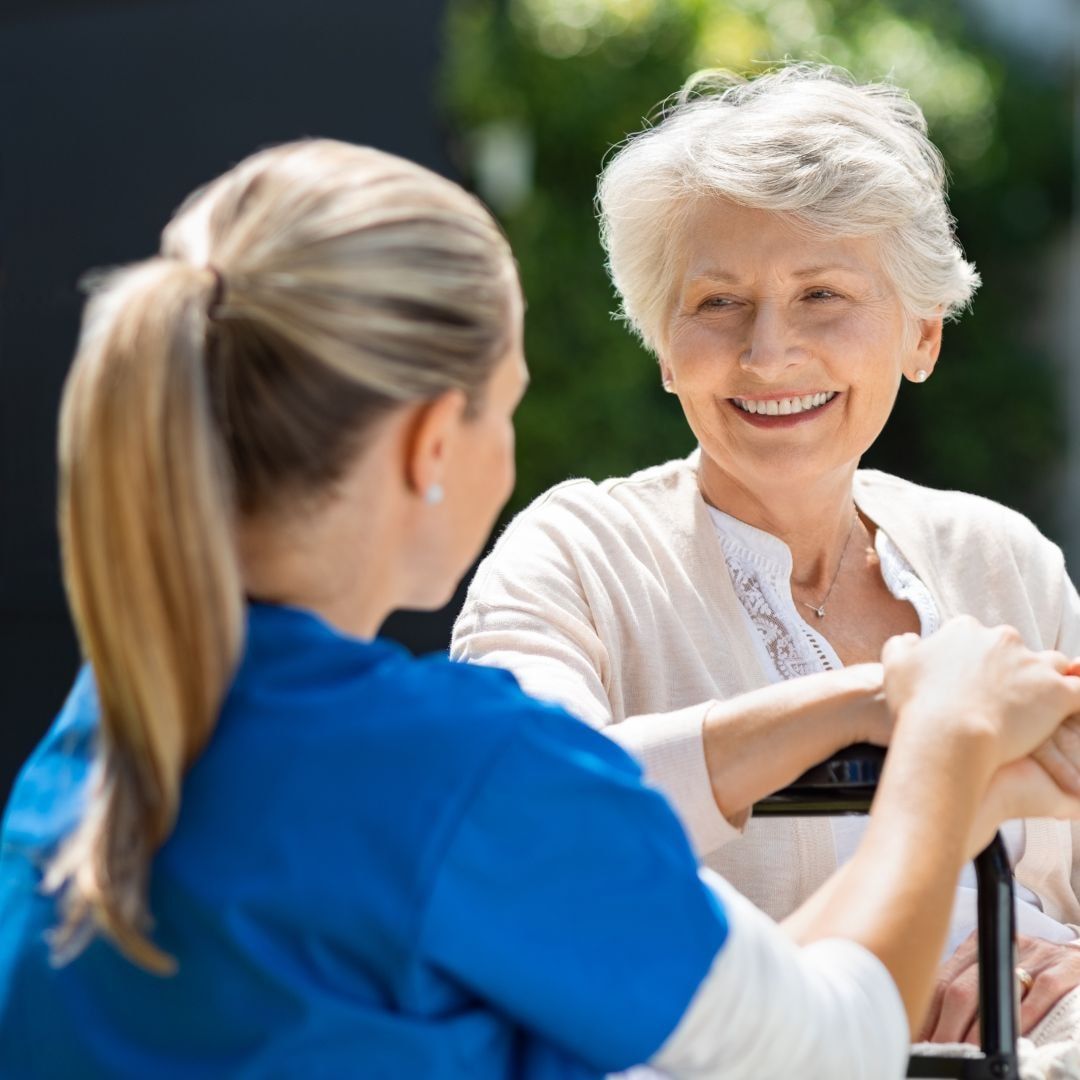COVID-19 Update #5
Monday, March 16, 2020
Dear Cedar Hill Family Members,
We are writing to continue keeping you updated on what we are doing to prevent COVID-19 (the new coronavirus) from coming on to our campus and on how we are changing our campus operations to adopt best practice for infection control during this pandemic and meet new federal and state guidelines.
First, thank you for how supportive all of you have been during this national crisis.
As of today, we do not have any known cases of COVID-19 on our campus by residents or staff. We will let you know as soon as possible when or if we do.
Vermont now has 12 cases of COVID-19. Eight positive cases are Vermonters, and four cases are among non-Vermonters.
Last week, as a precautionary measure, our assisted living facility restricted all outside visitors for the next week except those that perform an essential function, such as medical personnel or are close family or friend of a resident on end of life care.
As we outlined in our COVID-19 Update #4 on our Community Facebook Page, Phil Scott, the governor of Vermont, declared a state of emergency Friday afternoon . As part of that announcement, he restricted visitors from nursing homes and assisted living facilities except for medical personnel or visits to those at the end of life. In addition, Friday, the federal government also declared a state of emergency related to the Covid-19 virus.
As part of the federal state of emergency, the Center for Medicare and Medicaid Services , which regulates the nation’s skilled nursing facilities, adopted new guidelines for nursing homes. These include:
- Restricting all visitors, volunteers and non-essential health care personnel (e.g., barbers) except for certain compassionate care situations, such as end-of-life situations. Facilities are expected to notify potential visitors to defer visitation until further notice (through signage, calls, letters, etc.).
- Visits for end-of-life situations are to be handled on a case-by-case basis and include the screening of the visitor, use of personal protective equipment (PPE) and hand hygiene by the visitor and limited access to the facility (resident’s room or location designated by the facility).
- Cancel all group activities and communal dining.
- Implement active screening of residents and health care personnel for respiratory symptoms including actively checking temperatures for a fever (all health care personnel at the beginning of shift and residents at least daily).
- Document absence of symptoms
- Those with symptoms of a respiratory infection (fever, cough, shortness of breath, or sore throat) should not be permitted to enter the facility at any time (even in end-of-life situations).
- Screen and monitor residents when visitors, staff or others report respiratory symptoms within 14 days of interacting with the residents.
- Surveyors are allowed but if they have a fever or respiratory symptoms they should not enter.
- Ombudsman should only be allowed in for compassionate situations AND if they don’t have a fever or respiratory symptoms.
- Identify staff that work at multiple facilities and actively screen and restrict them appropriately.
- Enforce sick leave policies for ill health care personnel that are non-punitive, flexible, and consistent with public health policies allowing ill health care personnel to stay home.
- Some governors or public health officials may have orders about visitors. For Medicare and Medicaid-certified facilities, this new guidance supersedes governor and public health officials’ orders, unless the state-level orders go beyond this new guidance. Then CMS expects facilities to adhere to additional requirements imposed by the State or local authorities.
Cedar Hill had already adopted most of the guidelines put out by CMS last Friday. This weekend and today, across our campus, we have restricted communal dining and canceled all group activities. We are doing this in a variety of ways on our campus. In some cases, residents are eating in their rooms or apartments. With others, we are setting them up in the dining room but with six-feet or so of distance between them. This way they get to still have a social life and remain at a distance.
For activities, we are doing more one-on-one activities as well as looking for ways to continue exercise or other group activities in a way that spreads everyone out more. We will keep you posted on that.
Many of you have been contacted by a member of our staff to find out the best ways to stay in touch with you. In addition to sending out these letters, each resident is being assigned one staff person who will be the main contact for one resident personal representative for non-emergency health situations. This is a way to replace your visits to the facility in the best way we can. It is not for giving you a health update. It is then the resident personal representative’s responsibility to update the rest of the family.
We want to keep you informed of other steps we are taking:
- We continue to screen our staff, any hospice or essential one-on-one caregivers, medical providers and any other visitors every day for respiratory infection, fever and cough, as well as travel and contact with anyone who may have COVID-19.
- We have canceled all outside trips in the next month for residents except for medical appointments. We are limiting staff travel as well.
- We are limiting our contractors – maintenance or otherwise – to only those deemed essential.
- Our COVID-19 Incident Command meets every weekday and consults as necessary at other times. We are developing a plan in case we need to quarantine. As part of our ongoing emergency planning, we already keep a week’s worth of food in backup as well as other essential supplies.
- We have assessed our supply of personal protective equipment and have requested more from the Vt. Department of Health as a precautionary measure in case we do see any cases of the virus.
- We are educating our staff on social distancing and other measures they can take outside of work to protect our residents and the community.
We will do our best to keep you updated as often as possible. Please know we are available to speak with any of you via phone or email.
In addition, in our private lives, we can all help the cause of controlling the COVID-19 virus by following good infection control practices. Person-to-person spread of the virus occurs mainly via respiratory droplets produced when an infected person coughs or sneezes.
Here are ways to help stop the spread:
- Wash your hands often with soap and water for at least 20 seconds. If soap and water are not available, use an alcohol-based hand sanitizer.
- Avoid touching your eyes, nose, and mouth with unwashed hands.
- Avoid close contact with people who are sick.
- Stay home when you are sick.
- Cover your cough or sneeze with your arm or a tissue, then throw the tissue in the trash.
- Clean and disinfect frequently touched objects and surfaces.
- Whenever practicable, keep a six-foot distance from others.
Sincerely,
Patricia Horn, Community Executive Director
Cathy Leone, Cedar Hill Nursing Home Administrator
JoAnne Blanchard, Village Executive Director
The post COVID-19 Update #5 appeared first on Cedar Hill Continuing Care Community.
